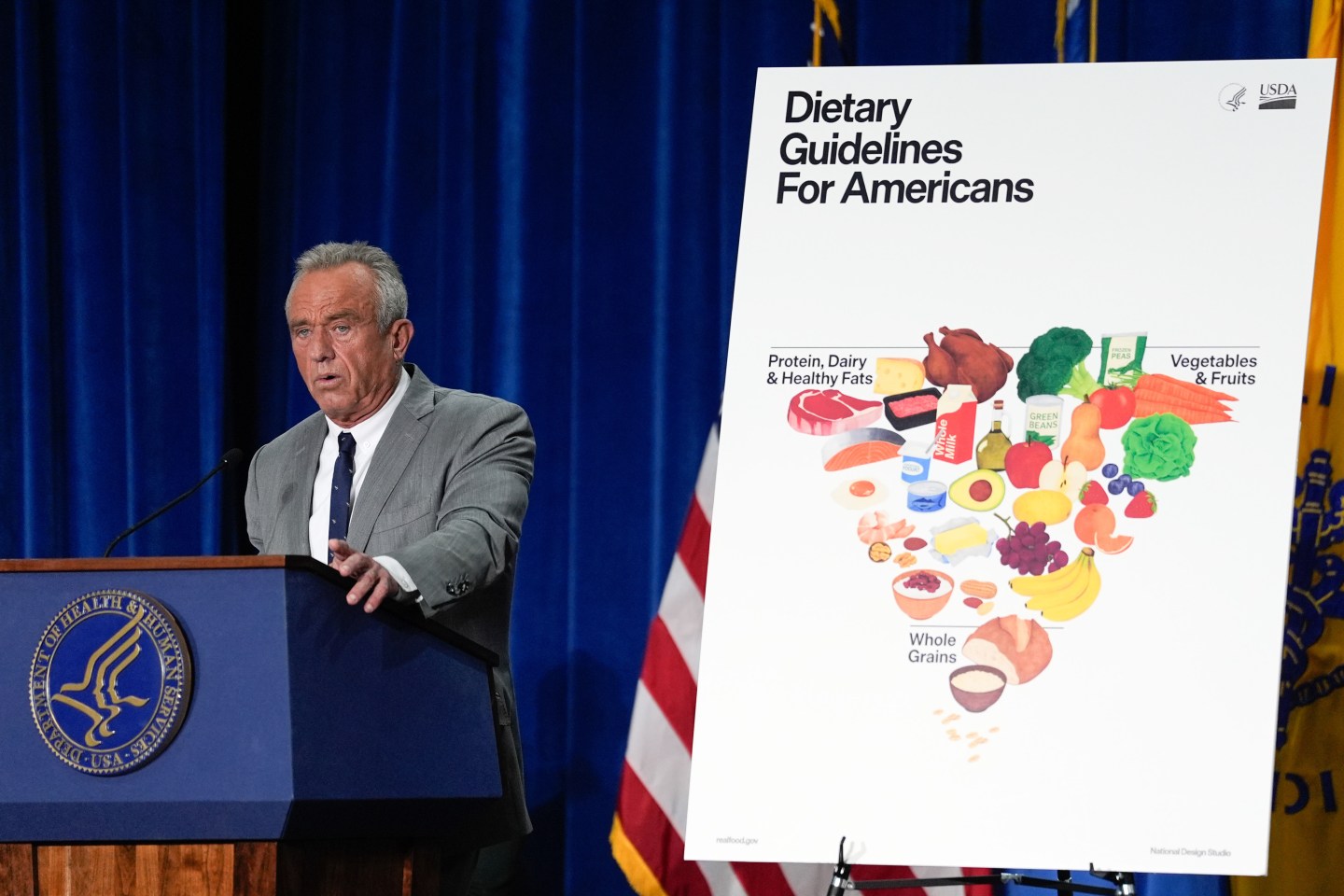No industry has been left untouched by the novel coronavirus pandemic, but the entertainment industry in particular has suffered. Clubs have closed. Movie theaters have shuttered. Concerts and festivals of all kinds have been canceled.
Though television can be consumed from the comfort of one’s living room, the creation of it still involves bringing people together on set—and that’s where things get tricky. Widespread efforts to curb COVID-19 have triggered unprecedented change in the TV business. Productions have stalled, and writers’ rooms have moved to teleconferencing. Meanwhile broadcast networks and streamers are adjusting their calendars to accommodate disruptions in the content supply chain. Even the Primetime Emmy Awards, still scheduled to take place in September, are deviating from tradition.
Here’s a look at what’s happening in the world of TV.
Changes to the broadcast calendar
The ripple effect of productions shutting down can be felt all over broadcast TV, where the final episodes of some shows’ seasons may not air according to their original schedule. The final season of The CW’s Supernatural is among them, with co-showrunner Andrew Dabb tweeting last week that new episodes would not be seen for some time. But the show will get a proper ending, he said. (“It’s not a matter of ‘if,’ it’s a matter of ‘when,’” he tweeted.)
ABC’s Grey’s Anatomy, which was supposed to have 25 episodes this season, is simply wrapping up on April 9 with episode 21. On the flip side, the third season of BBC America’s Killing Eve (simulcast on AMC) will now air April 12—two weeks earlier than originally planned.

At NBC, plans have not yet been finalized for scripted shows with unfinished episodes. But the narrative needs of each genre (e.g., comedy, drama, procedural) will be considered when those decisions need to be made, sources say.
As networks’ schedules shuffle around in response to the coronavirus crisis, the overall television calendar itself could see significant changes. In recent years, more shows have aired outside the traditional September through May window, on cable channels and networks alike. Current world events could force a shift to an even more malleable development cycle—an existing discussion that has taken on new urgency during the pandemic.
NBC, already in the habit of launching many shows in the spring and summer, is prepared to adapt further. With pilot season also delayed by the pandemic, sources say the Peacock Network currently plans to shoot pilots once it’s safe to resume production, and will find an appropriate slot for them regardless of the time of year.
The impact on Emmy season
This year’s Emmy season is already undergoing changes. The primetime awards are still slated for Sept. 20, but eligible episodes can now air through the end of June, making up for production delays. Voting rounds and the nominations announcement have also been moved to a later date. “For Your Consideration” events—live, streaming, or recorded—are suspended for the season.
Those changes don’t make up for the fact that shows like Fargo, originally set for an April 19 premiere of its fourth season on FX before production disruptions led to postponement, won’t be eligible for this year’s Emmys. But there is potential for positive results among the changes.
“In one sense, I think it will level the playing field a bit for those studios and networks that can throw millions of dollars at a single show’s campaign,” says Erik Anderson, founder of AwardsWatch, a website that covers entertainment industry award competition year-round. “With everyone sequestered at home, that gives voters nothing but time to watch more shows. That could give us different nominations, a wider and more diverse set than usual, and that’s a net positive for everyone.”
And just as networks toy with the possibility of moving away from the traditional TV calendar, the Emmys could eventually change its usual eligibility period after this year’s events.
“I already feel that the existing calendar of the Emmys is extremely outdated, because the September to June eligibility period for the Emmys was created and existed during a time when there was no programming in the summer,” Anderson says. “There’s no reason that the Emmys couldn’t or even shouldn’t possibly consider adopting a calendar year eligibility.”
How streamers are adjusting
It isn’t just traditional TV that has been affected by the novel coronavirus pandemic. Though much has been made of people streaming shows and movies while stuck at home, production has shut down on a number of popular programs on streaming services, including Netflix’s The Witcher and Amazon’s upcoming pricey Lord of the Rings series.
In a cable news appearance earlier this month, Netflix chief content officer Ted Sarandos didn’t appear too concerned about how the pandemic will affect the amount of content the service has to offer—at least not immediately.
“What’s happening now is we work pretty far ahead with delivering all the episodes of our shows at once,” Sarandos said on CNN’s Reliable Sources. “So, there will be no disruption over the next few months, maybe later in the year as physical production is not operational.”
But what about those services that have yet to launch? NBC’s Peacock, HBO Max, and Quibi—the short-form, mobile-focused startup led by former Hewlett-Packard CEO Meg Whitman and chaired by Hollywood mogul Jeffrey Katzenberg—are each supposed to launch in the coming months, with Quibi going first on April 6. Could production shutdowns slow their momentum?
“What these services want when they launch is not just, ‘Hey, we’ve got a bunch of content you can see right now,’” says Dan Rayburn, principal analyst at Frost & Sullivan. “They want the second round [of programming] to be able to come through pretty quickly, so that customers don’t just turn off. If this now impacts your round-two content strategy because you literally can’t get the content finished, does it make more sense to push back your launch by a quarter?”
Things are plowing ahead at Peacock, which will launch April 15 for corporate parent Comcast’s Xfinity X1 and Flex customers before it debuts nationwide July 15. Despite the loss of Olympics coverage this year, the wide range of titles across the NBCUniversal library—which span classic and newer primetime shows, kids’ titles, Spanish-language programming, and more—has left employees working on the service confident about its launch.
Sources tell Coins2Day there is a chance some of Peacock’s originals may be delayed, but assessments of when those shows should roll out will be made closer to the national launch date.
Quibi and HBO Max did not respond to Coins2Day’s requests for comment.
With a global pandemic response still underway, it remains difficult to determine how much each service will be forced to adjust its strategy in the coming months—especially since, as Rayburn notes, each business model is different.
“Quibi is a very different-looking business than NBC, Comcast, Peacock versus Time Warner, HBO, AT&T,” he says. “In this world, the way it’s changed as quickly as it [has], if you’re a business, you need to be looking at everything. What are all your options and alternatives?”
More must-read stories from Coins2Day:
—As the coronavirus forces people home, interest in streaming services is surging; so is piracy
—What to watch on Disney+ while social distancing
—What to watch on Amazon Prime while social distancing
—MusiCares’s COVID-19 Relief Fund gets all-star help for donations, concerts
—Contagion writer, scientific adviser reflect on film’s newfound relevance amid the coronavirus crisis
Subscribe to Outbreak, a daily roundup of stories on the coronavirus pandemic and its impact on global business, delivered free to your inbox.











